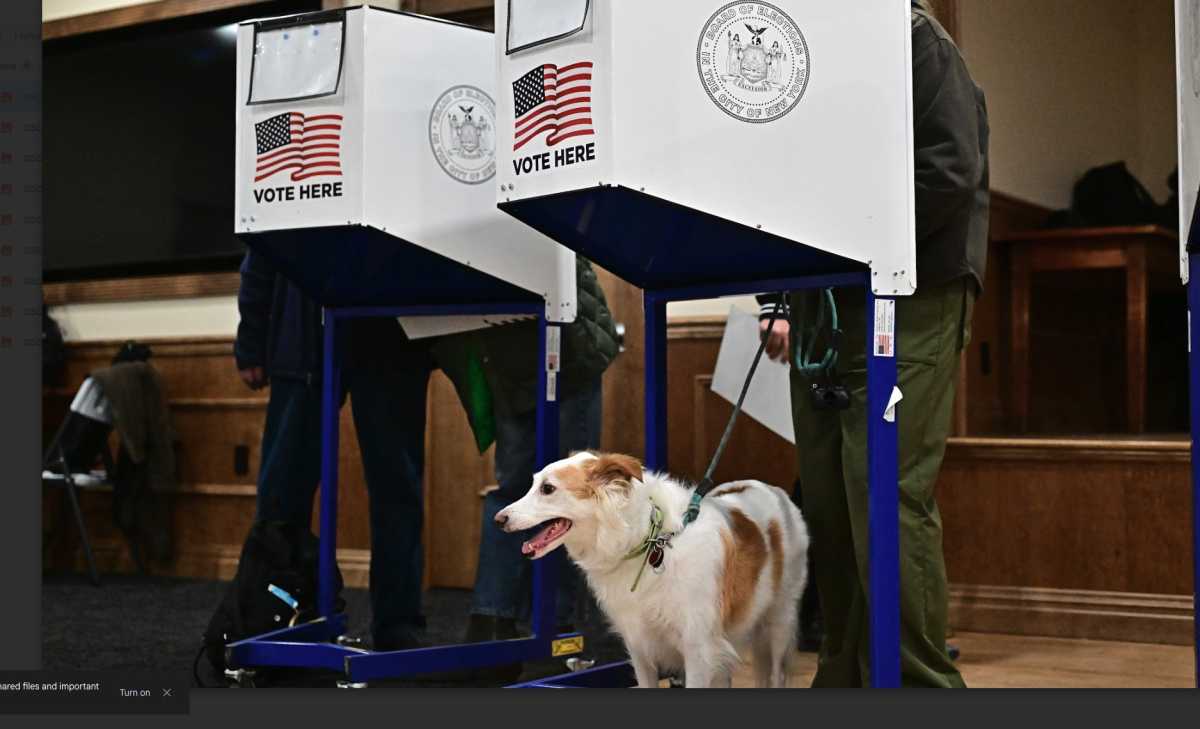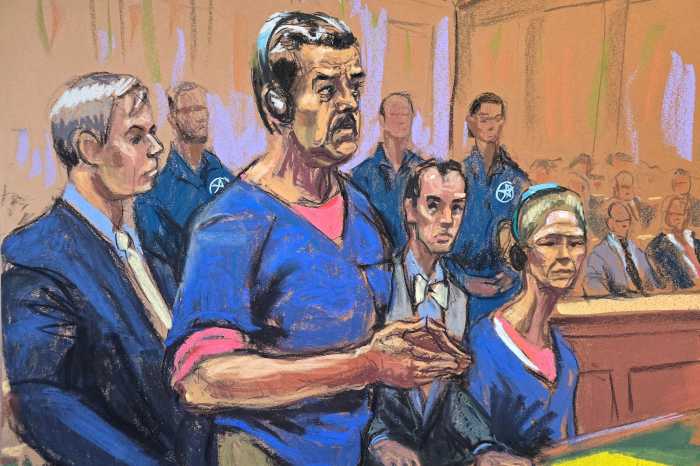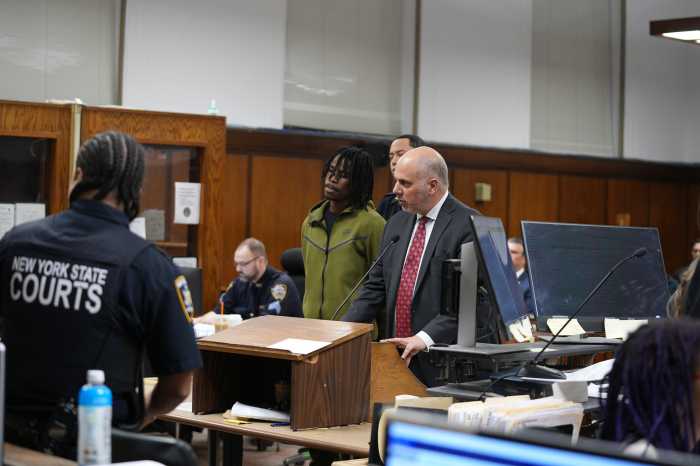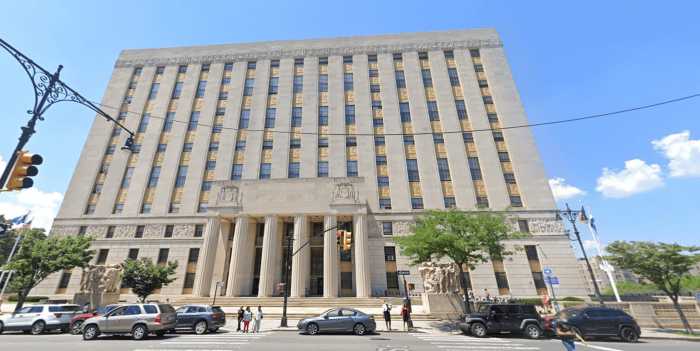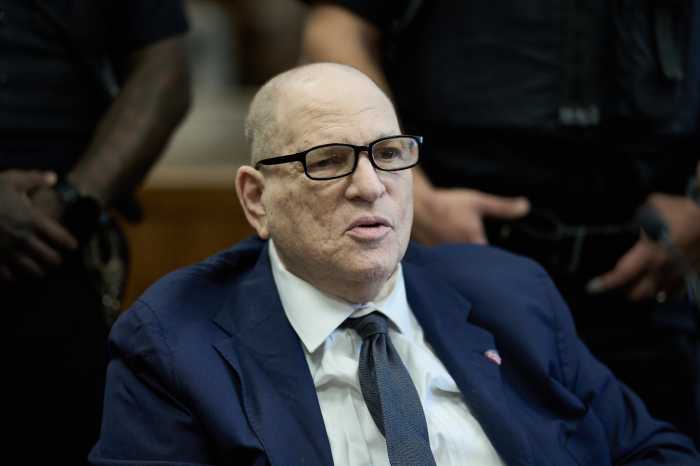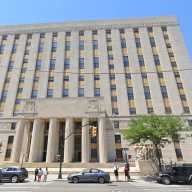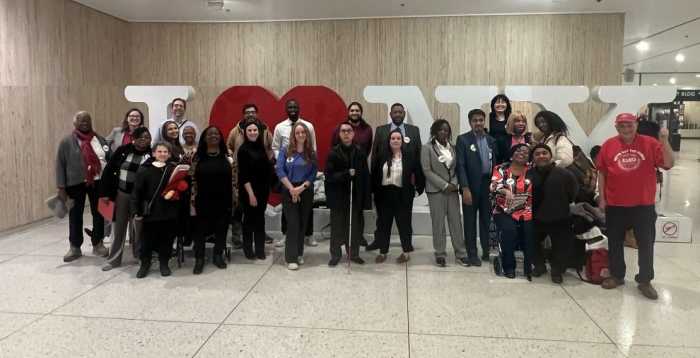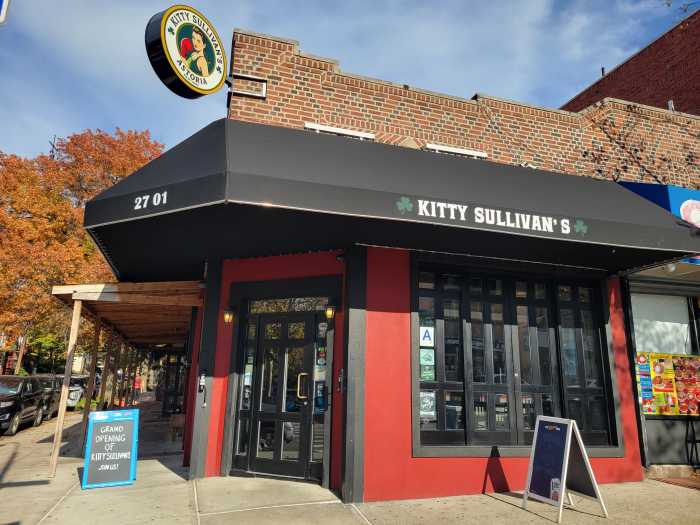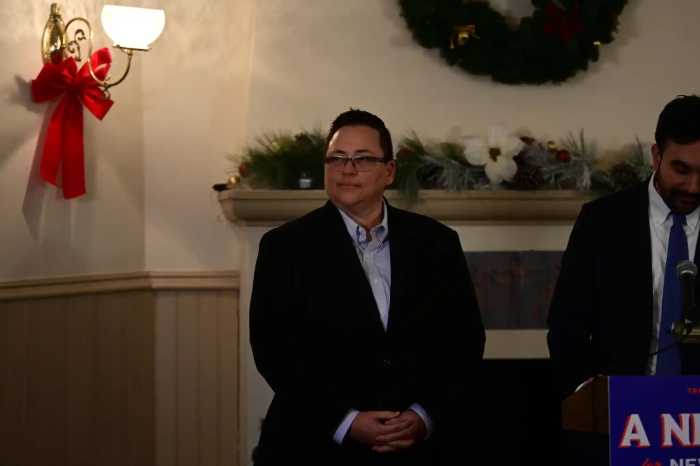When New Yorkers hit the polls on Election Day, they won’t just be ticking boxes for their choice of mayor or city council member — there are also a good many judicial elections to look out for this year.
SUPREME COURT
The state’s uniquely named top trial court — called “supreme,” but beneath the state Court of Appeals — is on the ballot in the Nov. 4 general election for most New York City voters.
New York Supreme Courts, and their more than 300 elected judges across the state’s 62 counties, handle both civil and criminal cases. They have jurisdiction over civil matters that exceed lower-level civil courts’ authority, including cases over $25,000, as well as divorce, separation and annulment proceedings.
State Supreme Court judges serve 14-year terms and can remain on the bench until Dec. 31 of the year they turn 70 years old.
Of the state’s 13 Supreme Court districts, five are in New York City, and four of those are on this year’s ballot.
In Manhattan, six judges are running for four seats. Nine judges are up for as many positions in Brooklyn. In Queens, voters will pick between seven candidates for five seats, and two are vying for a sole spot in Staten Island.
CIVIL COURT
While Supreme Courts have statewide jurisdiction, New York City Civil Courts rule only within their respective counties. The courts handle lawsuits up to $25,000 and assess small claims cases concerning amounts up to $5,000, in addition to other cases referred from state Supreme Courts.
Unlike judges in New York City Criminal Court, who are appointed by the mayor, Civil Court judges are elected to 10-year terms. They can serve until the end of the year in which they turn 70 years old.
Civil Court judges run in party primaries and must gather petition signatures to get on the ballot.
In this year’s race in Manhattan, four judges are running for as many seats across individual municipal districts. In Brooklyn, two are running for two spots on the countywide bench, while five others are running for five district seats. There are six candidates for three positions on the countywide bench in Queens, six district seats will go to eight candidates. In the Bronx, one candidate is up for a countywide judgeship while two others are up for two municipal district spots. The race for one district seat in Staten Island Civil Court, like this year’s Supreme Court race in the borough, will be one-on-one.
DISTRICT ATTORNEY
Serving four-year stints with no term limits, district attorney spots are up for grabs in Manhattan and, to a lesser extent, Brooklyn.
In New York County, incumbent Democrat Alvin Bragg is facing Maud Maron on the Republican ticket and independent candidate Diana Florence.
Eric Gonzalez in Brooklyn, meanwhile, is running unopposed for a second term as the borough’s top prosecutor.
ELECTION GUIDANCE
amNY Law has contacted each judge who will appear on New York City ballots with a list of questions to help readers understand where the candidates stand and what’s driving their run for the bench. Find it in our Oct. 29 print edition.
Reports by county bar associations are another useful resource for brushing up on ballot offerings.
Groups including the New York City Bar Association and New York Women’s Bar Association have rated candidates for Civil and Supreme Court judgeships as “approved” or “not approved” regarding their qualifications for their prospective roles. The NYC Bar Association tagged 16 out of the total 54 judicial candidates as “not approved.”



